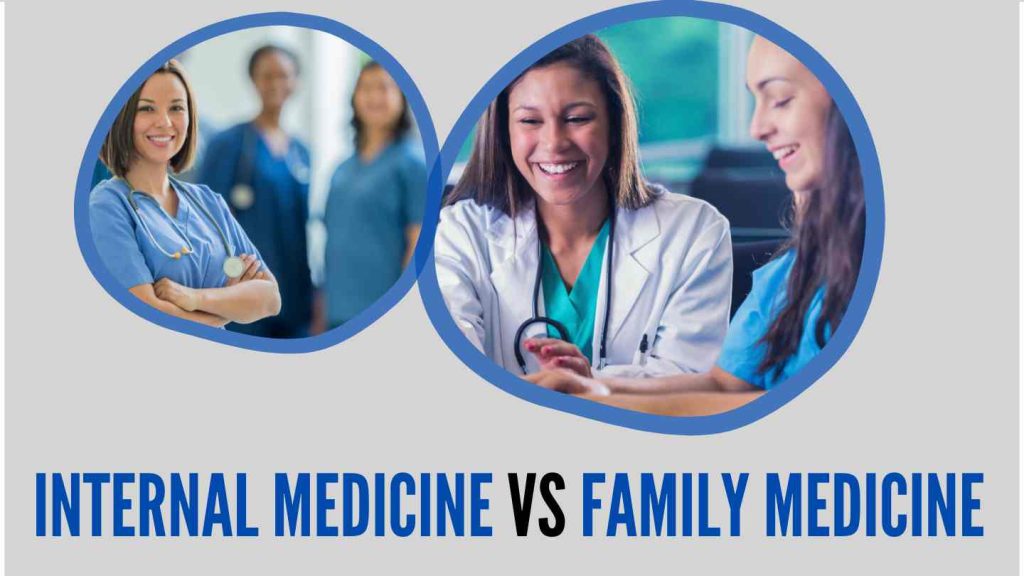- Oak Brook:(630) 705-9999
- Chicago:(312) 920-8822
- Email:inquiry@vervecollege.edu
- Make a Payment
- Home
- Programs
- Admission
- Resources
- ATI Entrance Exam Resources
- New E-Digital Library
- Refer a Friend
- School Newsletter
- Events
- Employers
- Job-Network
- Alpha Beta Kappa Candidates
- Verve College Library
- Graduation and Pinning Ceremony Photo Galleries
- Textbook Information
- Career Services
- Tutoring
- School Catalog
- FAQ
- Constitution Day Program
- Alumni
- Verve College Plans
- Financial Aid
- HEERF Reporting
- Satisfactory Academic Progress
- Apply For Financial Aid
- Net Price Calculator
- Return of Title IV Funds (R2T4)
- Financial Aid Office Code of Conduct
- Contact
- FAQs
- Verification Policy
- Vaccination Policy
- Student Right-to-Know Act
- Misrepresentation
- Information Security Program
- Academic Award Year
- Availability of Employee
- Cost of Attendance
- Health & Safety Exemption Requirement
- Students Rights and Responsibilities
- Leave of Absence
- Pell Formula
- Military Students
- Grants/ Scholarship Policy
- Contact Us
- Login
- Testimonials
- Blog
Is a Nursing Career Right For You?
Take The Free Quiz
Internal Medicine Vs Family Medicine Understand Key Differences
Internal Medicine Vs Family Medicine Understand Key Differences
There are many specializations in nursing careers for practical nurses. That future doctors can choose from. Internal healthcare and pediatrics practice are two of the most widely used. It can be difficult to tell the difference between them because they are called “doctors of general clinical practice.” To be successful in the nursing profession, you can also search for nursing degrees in Illinois or hybrid programs to explore more about internal medicine in long-term care facilities.
Continue reading to learn more about internal and family medicine differences.
Internal Medicine vs Family Medicine
Internal or family doctors are often the first to contact a patient when discussing concerns about their health. These doctors can diagnose and treat a wide range of medical conditions. They can also carry out testing for diagnosis, which may lead to a referral to specialized care. Let’s understand internal medicine vs family medicine in detail.
What Are the Conditions That These Doctors Treat?
Typical patient demographics are among the biggest differences between family and internal medicine or primary care physicians & describe internal medicine vs family medicine in short. A family physician is a specialty that treats all members of an entire family, including children, also known as a primary care doctor.
To understand internal medicine practitioners, also called “internists” vs. family medicine doctors, is to evaluate their specific work. Understanding some of the typical responsibilities shared by internists (also called “internists”) and family doctors can be useful.
Related:- 5 Key Benefits of Nursing Informatics
One of the author and internist who explains a few procedures that doctors in both fields may perform.
- Minor office procedures such as draining an abscess, removing foreign objects from the skin or eyes, and performing fracture comprehensive care.
- Performing diagnostic procedures such as sigmoidoscopy and proctoscopy.
- As taught in a hybrid practical nursing program by a community college, how to administer nerve blocks, joint injections, and trigger point injections in the healthcare industry.
“Most physicians & medical professionals perform only a small number of these procedures routinely or opt not to perform any of them.
Family physicians are likelier to concentrate on preventive patient care in an outpatient setting. On the other hand, Internists tend to work in nursing homes.
“While internists diagnose and treat more complex medical problems than family practitioners, they provide more services to ‘well-patients’ in the office setting and don’t see as many patients in private homes.”
A difference between the two specialties is that family medicine focuses on preventing health problems in the future and may or may not involve collaboration with other doctors. Family medicine emphasizes the prevention of disease.
Which Skills Are Required?
Family doctors are trained by training programs to diagnose, treat and manage various medical conditions for patients with chronic conditions of any age like high blood pressure. Internists gain a comprehensive understanding of common adult health care problems. They can diagnose and treat a variety of illnesses & infectious diseases that affect adults.
Both types of doctors encounter different conditions and patient demographics. Both internists and family doctors need critical-thinking abilities & clinical skills. This makes sense because both must evaluate each patient’s new set of symptoms.
Want to Make a Career in Nursing? Get More Information About Our Courses!
Choose the Best Primary Nursing Care Path
It boils down to your personal preferences when deciding between a career as an internist or a family physician. Knowing how these two specialties differ, you’re now better prepared to choose the right path for you in LPN programs nursing school.
Before any aspiring doctor can choose a specialty in the medical care field, it is important to acquire basic nursing skills and attend a medical school for clinical training that can provide nursing students with the foundational education needed to be successful.
 Sign up
Sign up Login
Login




